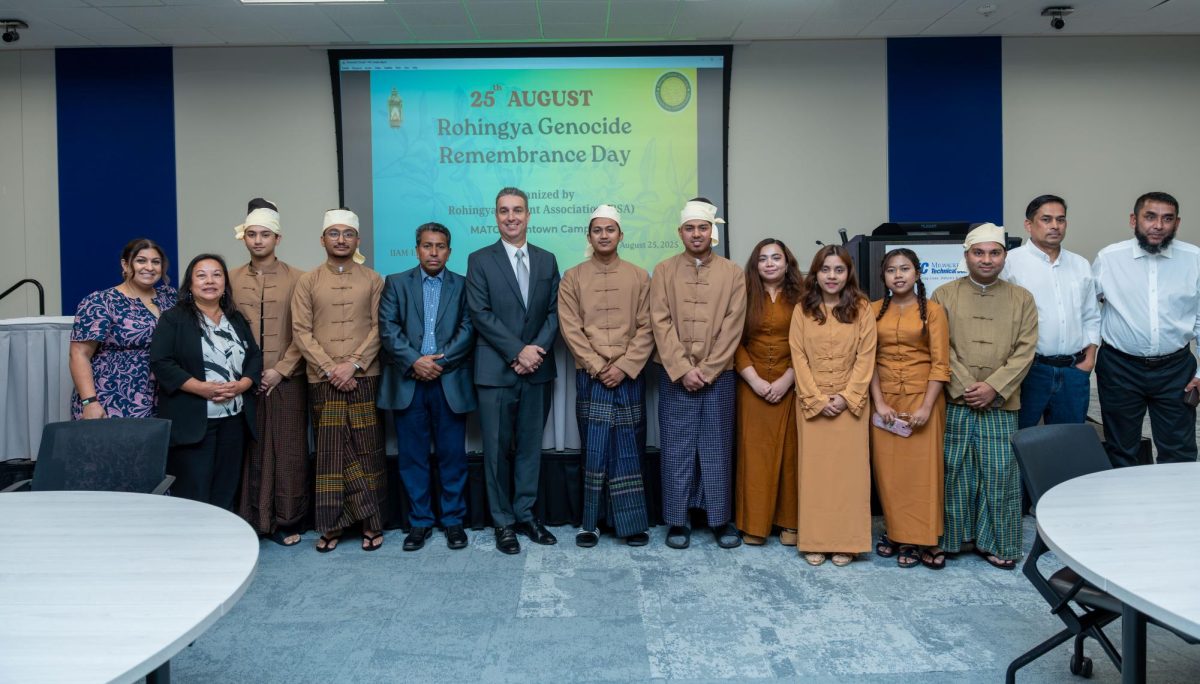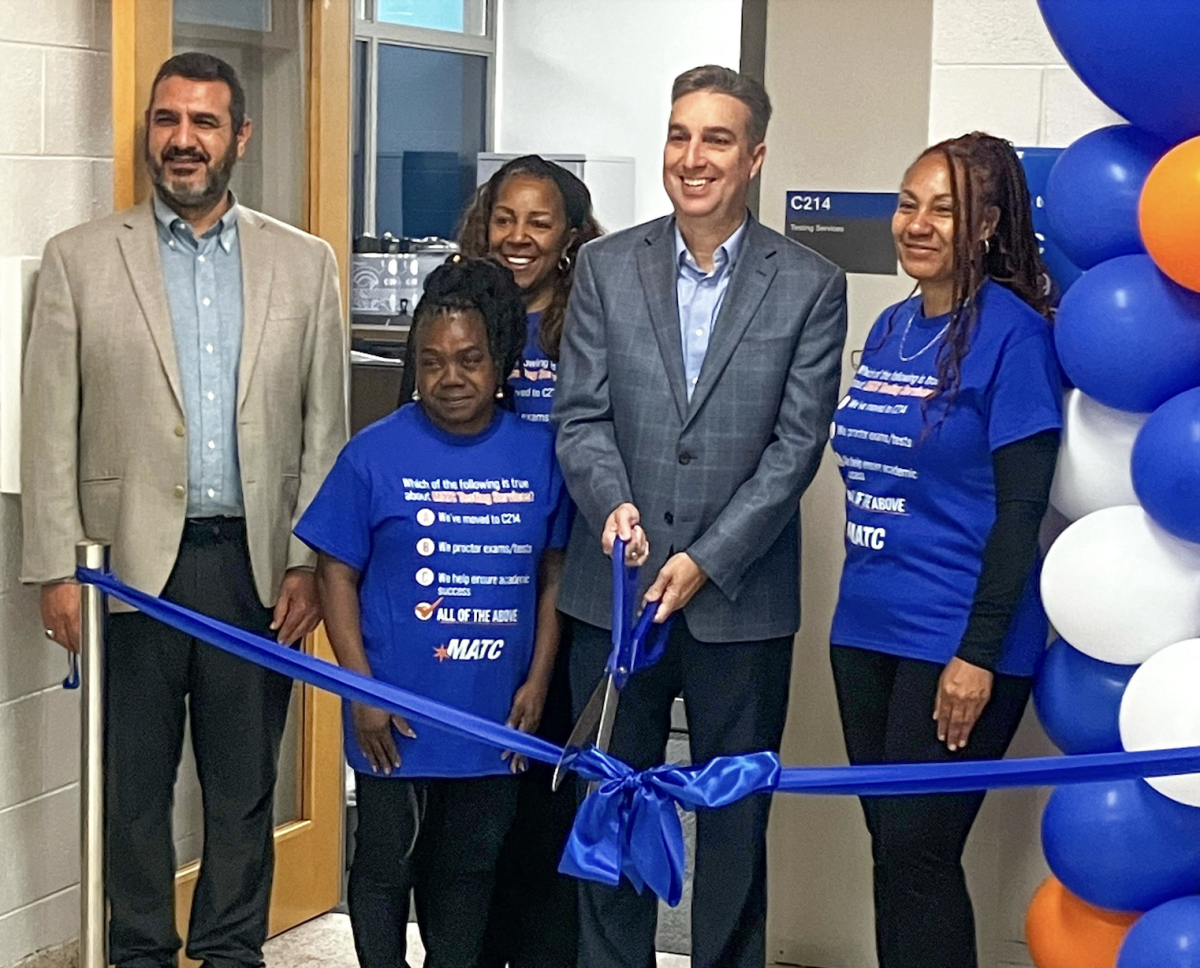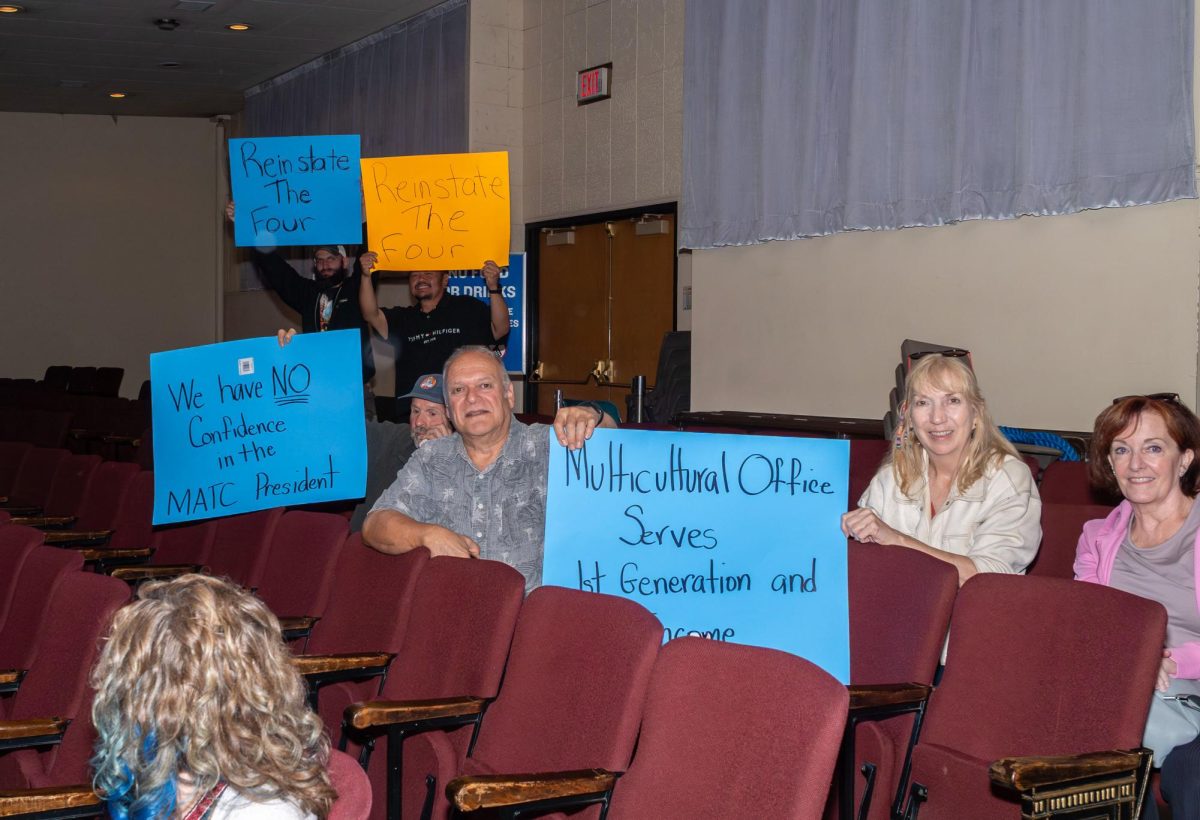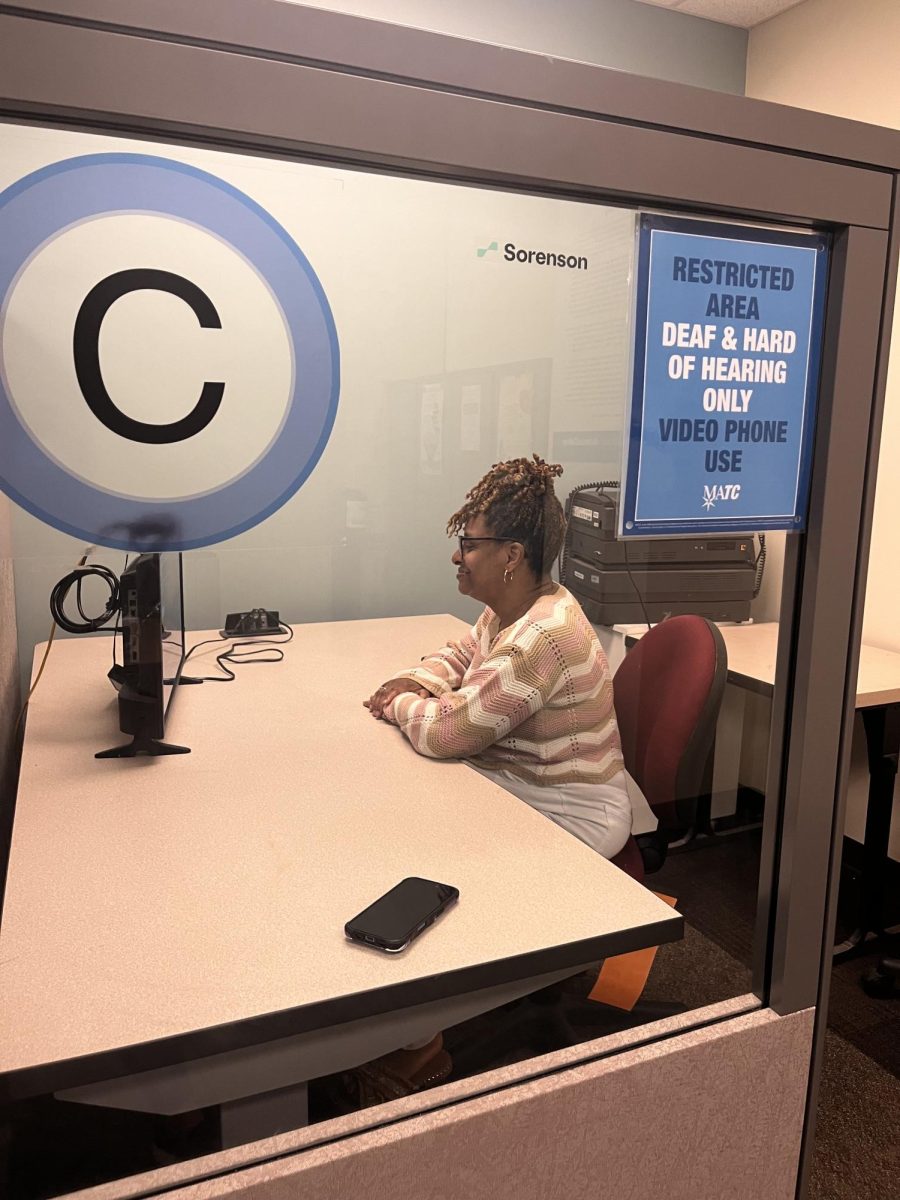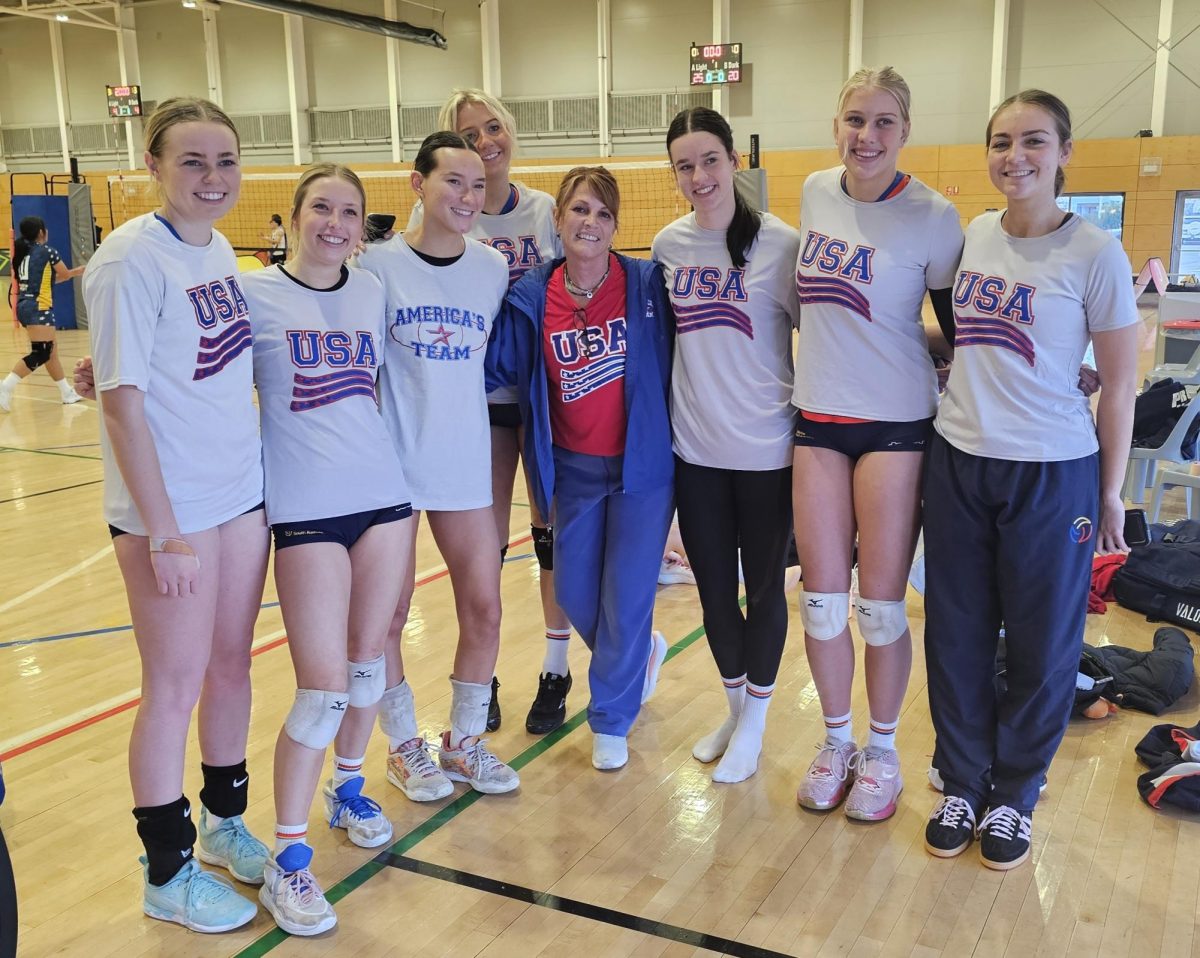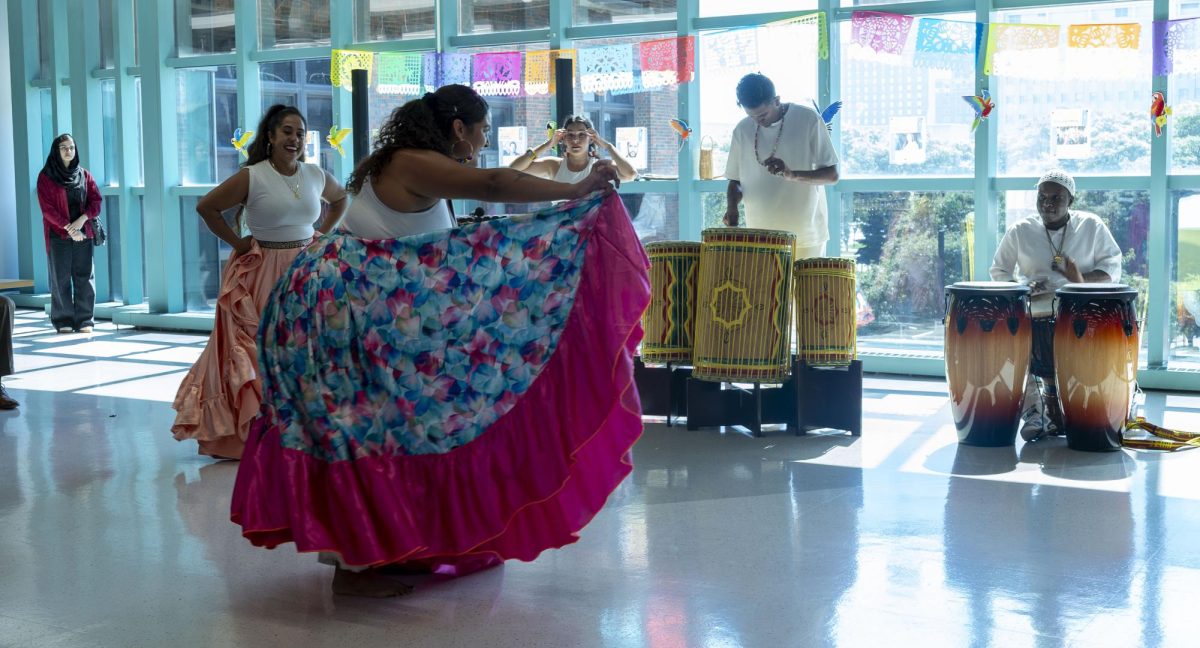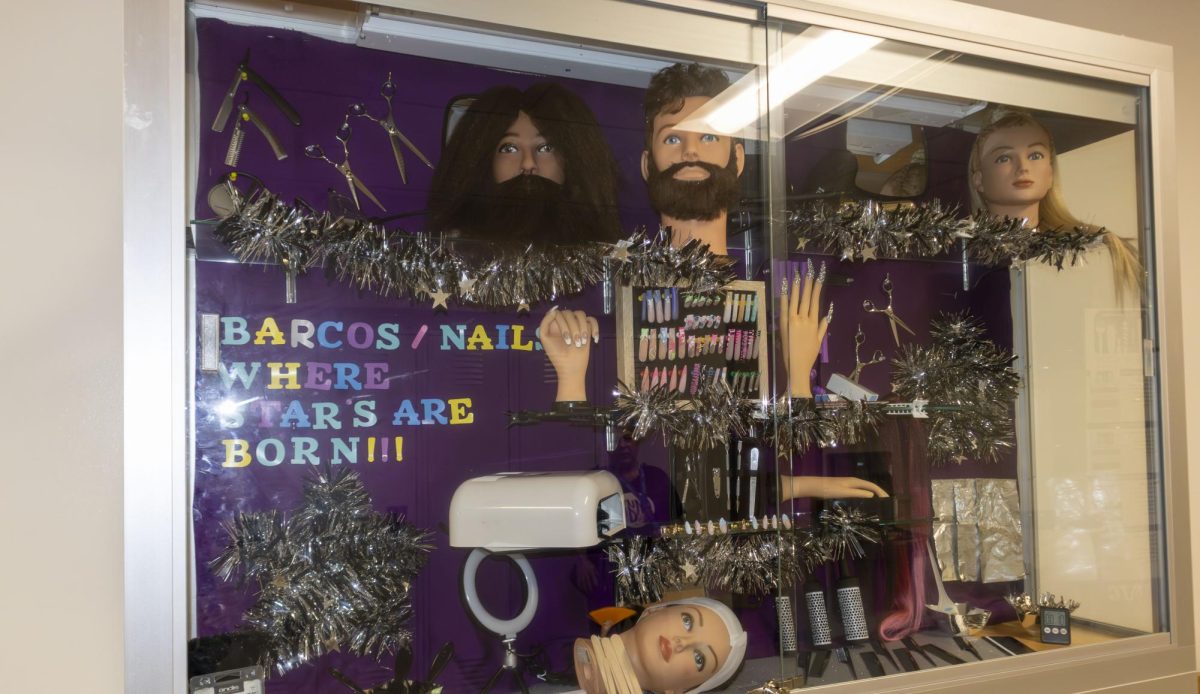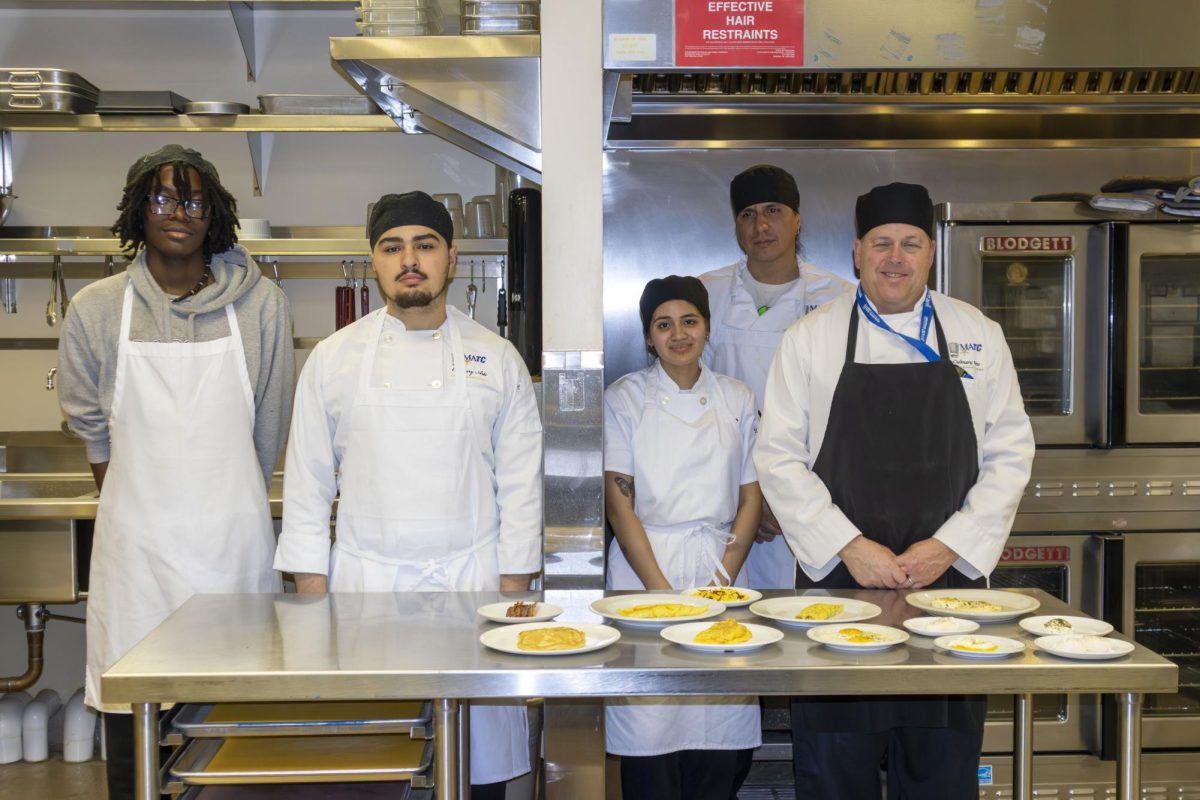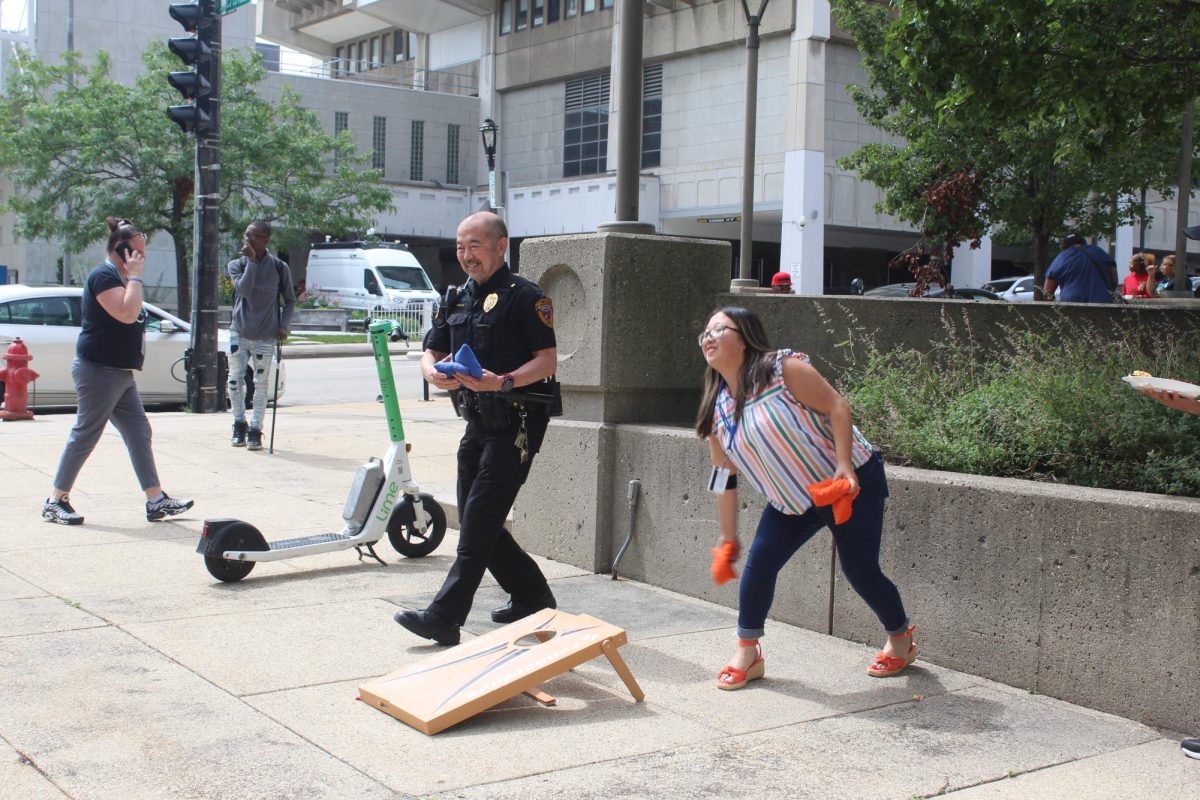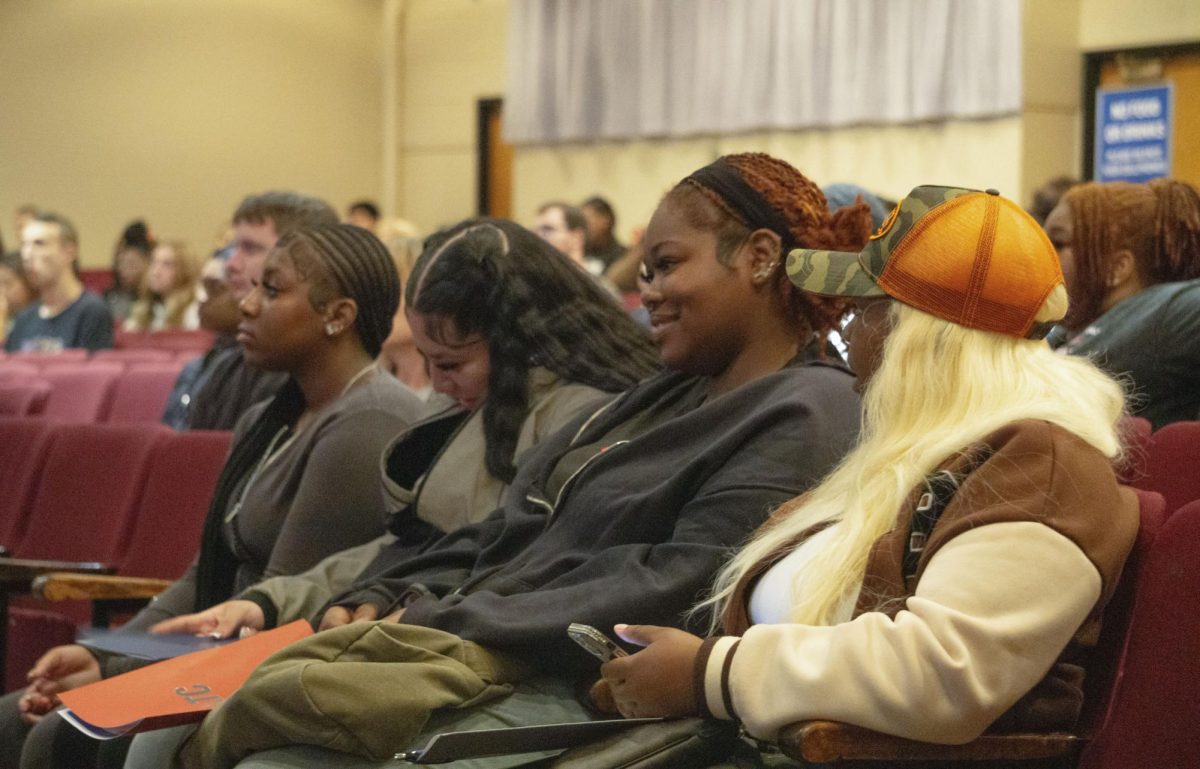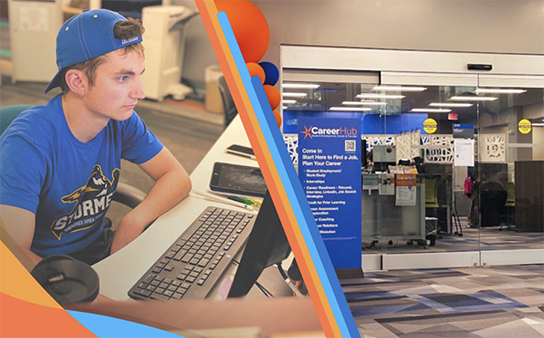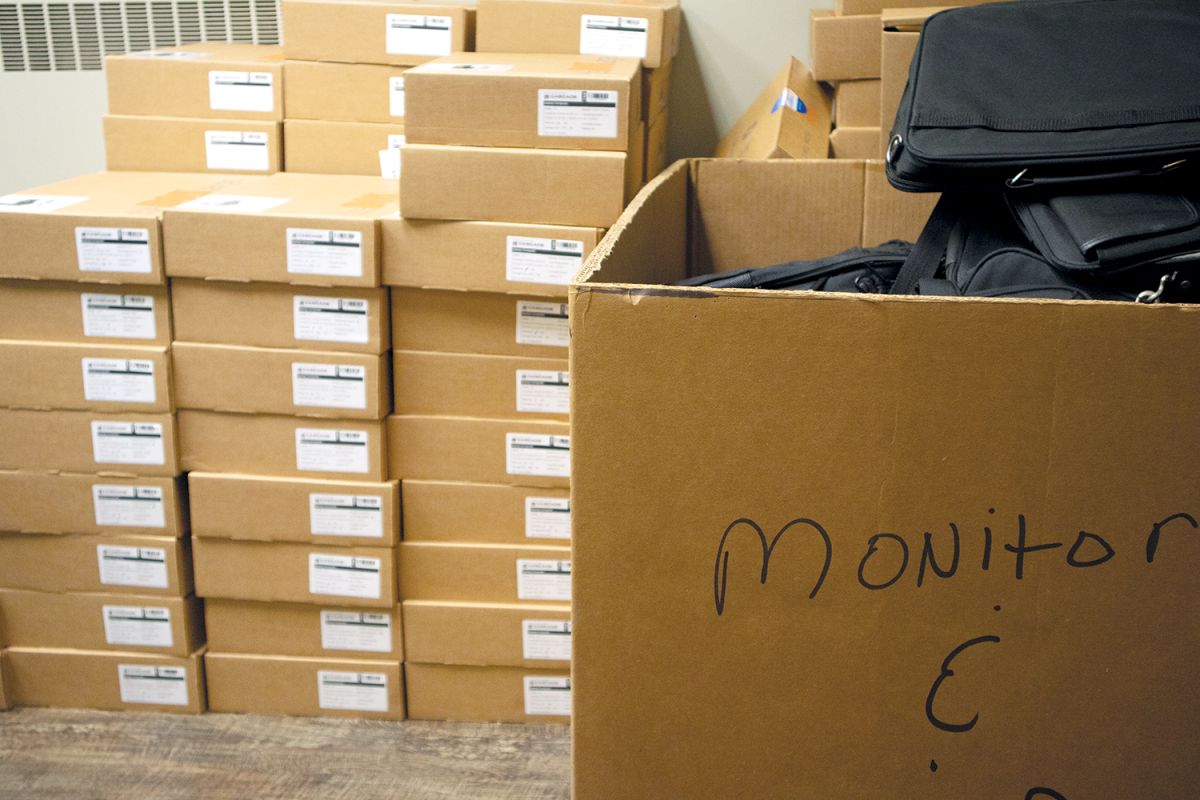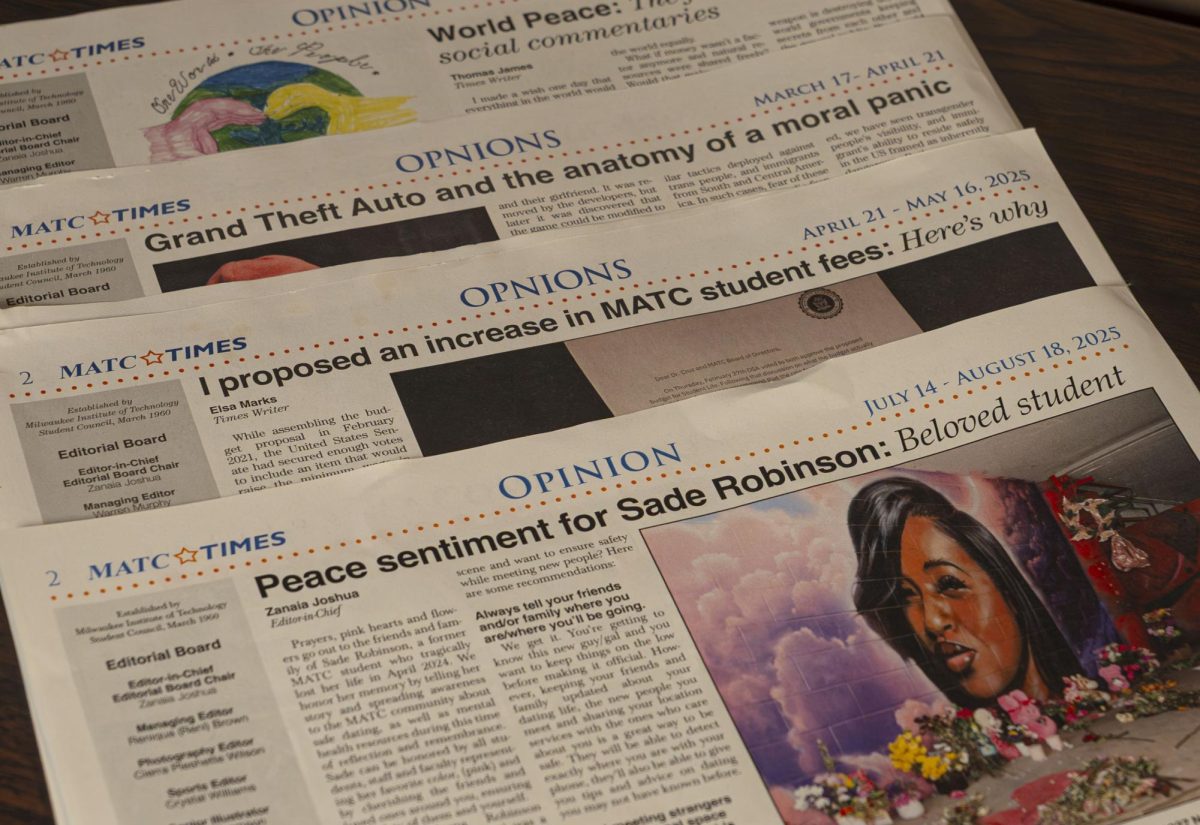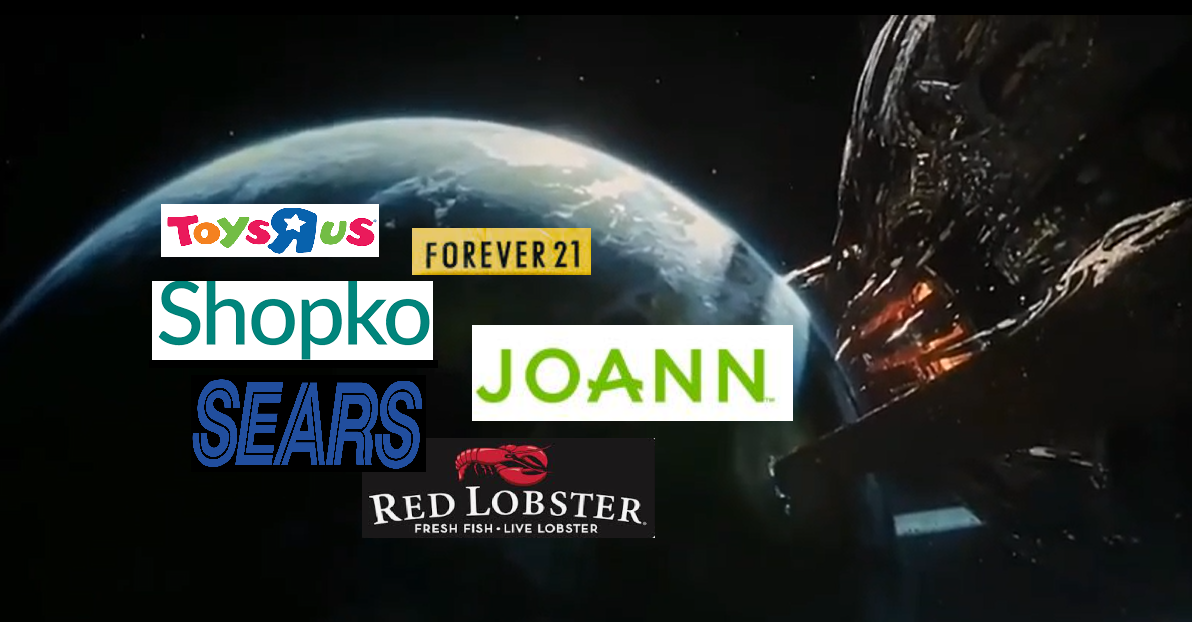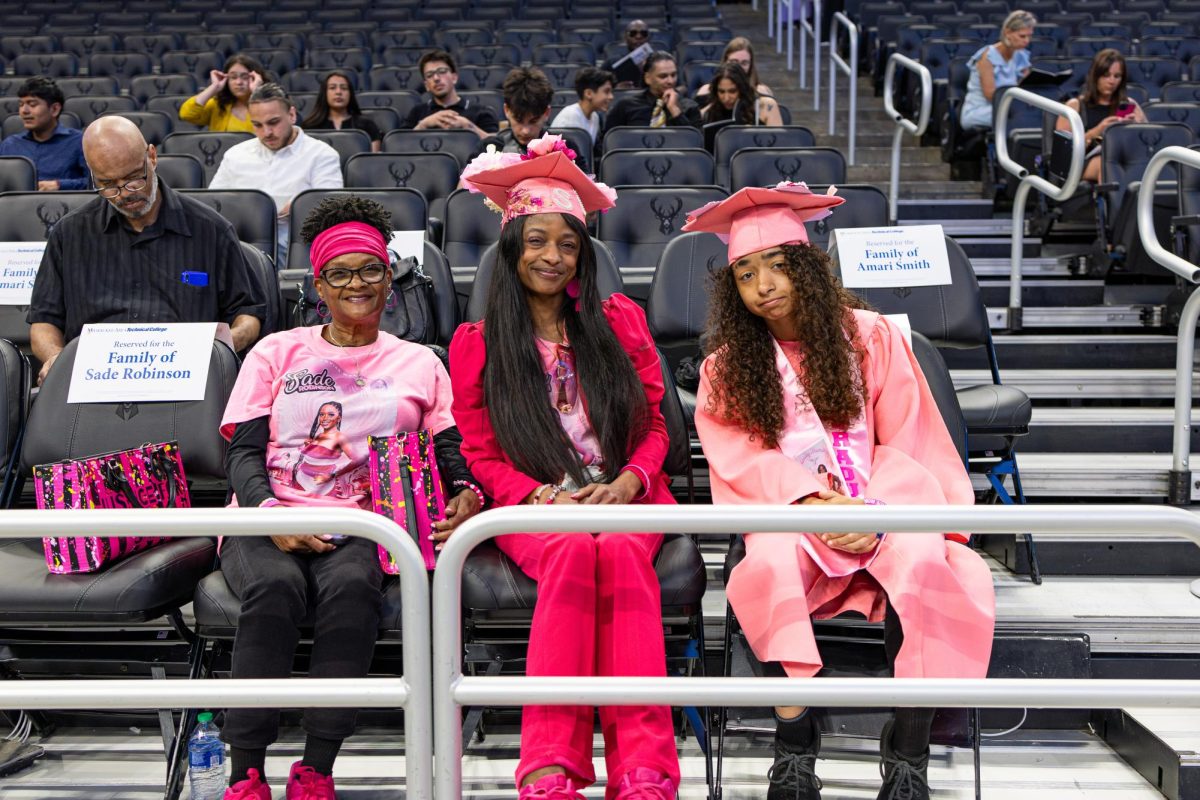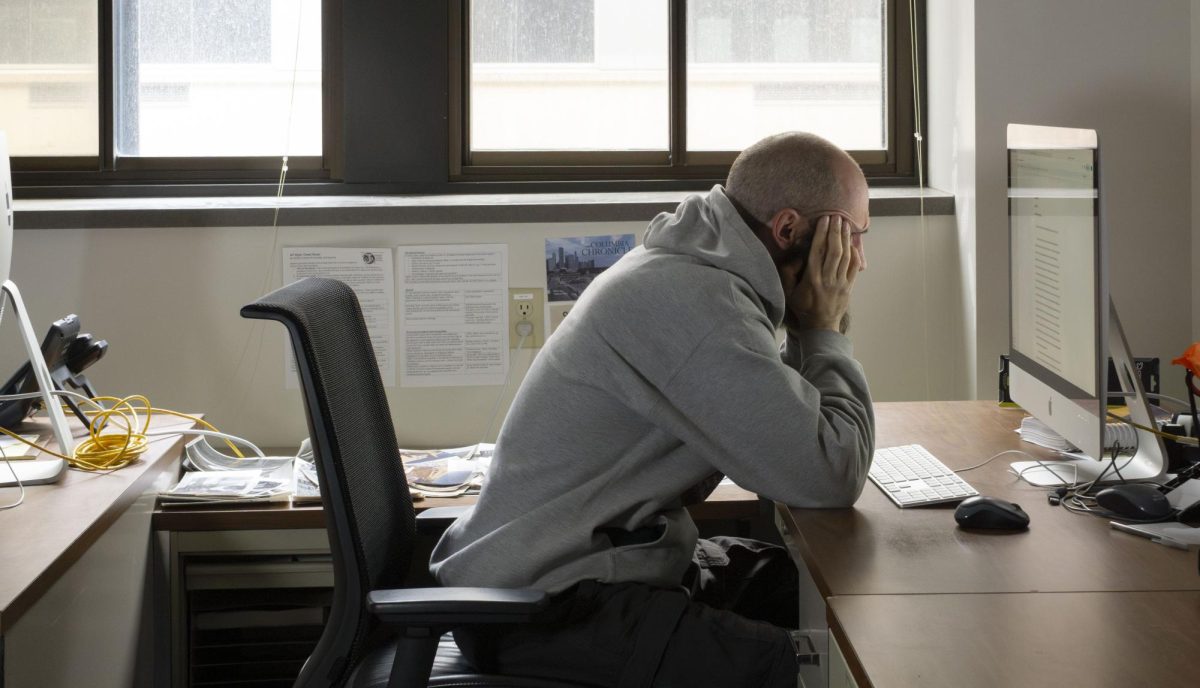Due to forces greater than myself, or even MATC, the world we live in requires the use of and proficiency in technology. Most of our classes require electronic copies of assignments, and thanks to Open Educational Resources many of our books might even be online. Most of these changes seem great, but a consequence of this shift is that some people have been left behind.
The National Institute of Health, calls this gap between individuals with sufficient access to technology and those without the Education Divide, and many MATC Students live in this gap. The library and computer lab are helpful, but it can be difficult to carve out time to do work in them when students also work and have families. The solution then is a personal device, though this creates an affordability problem.
Thankfully, there are a few solutions for students, including the FAST Fund’s Laptop Program, the library’s Chromebook Rental Program, and purchasable laptops available for students via financial aid through the bookstore.
The FAST Fund operates a laptop giveaway program for students that apply. These laptops are first-come/first-serve, and due to the great need for these devices the quantity is limited. They are also somewhat older, and though they have been refurbished, a certain level of failure is expected.
The library operates a Chromebook Rental Program that Librarian Jennifer MedVed says has assisted thousands of students. This program is a terrific measure in many ways, but is also insufficient in others, and it does not have the supply to meet the need for students. The rental cycle is semester-long, and often all of the devices are claimed by the end of the first week. This shortage is caused in part by students who have checked out a Chromebook, but have gone on to not return them. Don’t be that person! It harms your fellow students, and you will have to pay it back.
Chromebooks have little to no internal storage and can be exclusively used to access applications on the internet. However some pathways require programs that are incompatible with Chromebooks such as Microsoft Office or Unity.
“Some programs at MATC — like Game Development or Graphic design — require intensive computer programs that neither the MATC Chromebook program or the FAST Fund’s laptop program can provide,” says Charlie Himburg of the FAST Fund.
The last option for students who do not already own a personal computer is to buy one of course, and this can be done with Financial Aid through the MATC Bookstore. Of course, many students struggle with the limited financial aid money they already receive, and an expensive device may feel like a luxury.
With three imperfect solutions for bridging the Education Divide, some action should be taken. For the administration, the Chromebook Program could meet the need for students more appropriately if it were to receive some more funding from the college. For reference, the initial investment of $330,000 from the federal government allowed the college to purchase 359 Chromebooks (134 having portable wifi) and an additional 225 hotspots.
The popular Business Pathway Programs ought to allow students to utilize the Google Office Suite as an alternative to Microsoft Office. I do understand that there are some difficulties in the short term. However, contending with these short term difficulties will produce more equitable long term outcomes.
Finally, for financial aid determinations, technology needs should be considered in the Student Need Package. Faculty can assist with this solution by declaring technology needed for their classrooms, if their curriculum necessitates the use of a laptop or personal device.


